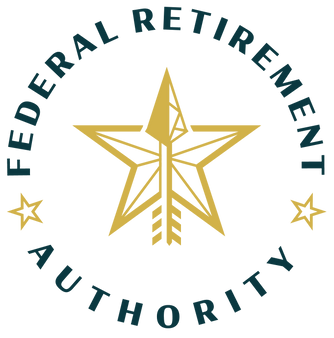The Clock is Ticking: Take Charge of Your Year-End Finances
As we approach the end of the year, it’s the perfect opportunity to seize control of your financial planning. We understand that financial tasks can sometimes feel daunting, but remember, proactive decision-making can bring a sense of empowerment. This article will spotlight four smart strategies to improve your financial well-being before December 31st. Let’s dive in!
Maximize Retirement Contributions
Boosting your contributions to retirement accounts can have a significant impact. For 2025, the contribution limits stand at $23,500 for 401(k)s, with an additional $7,500 if you're over 50, and $7,000 for traditional or Roth IRAs, plus a $1,000 catch-up if over 50. Seizing these opportunities not only helps in reducing your taxable income but also contributes substantially to your future wealth. Consider reviewing your contributions today to make the most of these limits.
Explore Roth IRA Conversions
Roth IRA conversions present an excellent strategy for those who find themselves in a lower tax bracket. Converting a traditional IRA to a Roth can offer tax-free growth and tax-free withdrawals in retirement. However, it’s important to assess whether this option fits your personal financial circumstances. Remember, this isn't a strategy suitable for everyone and should be an annual consideration with professional guidance.
Strategize Charitable Giving
Charitable giving can be strategically maximized through methods like donation bunching or utilizing a donor-advised fund. If you’re over 70½, consider making a Qualified Charitable Distribution (QCD) from your IRA; this can also fulfill the required minimum distribution once you turn 73. Thoughtful charitable contributions can enhance your philanthropic impact while offering valuable tax benefits.
Fund Your HSA
Health Savings Accounts (HSAs) are a powerful tool with triple tax benefits. For 2025, the HSA limits are $4,300 for individuals and $8,550 for families. Contributions are tax-deductible, and withdrawals for qualified medical expenses are tax-free, both now and in your retirement. Whether you’re planning for near-term medical expenses or aiming for long-term financial health, consider maximizing your HSA contributions before year-end.
Taking a little time now to manage these financial moves can amplify your outcomes in the year ahead. Financial strategies are not a one-size-fits-all solution, and not everyone will benefit from every approach mentioned. It's always a good idea to consult with a financial professional or a certified public accountant (CPA). Evaluate your options, or better yet, schedule a financial check-in to guide your decisions.
